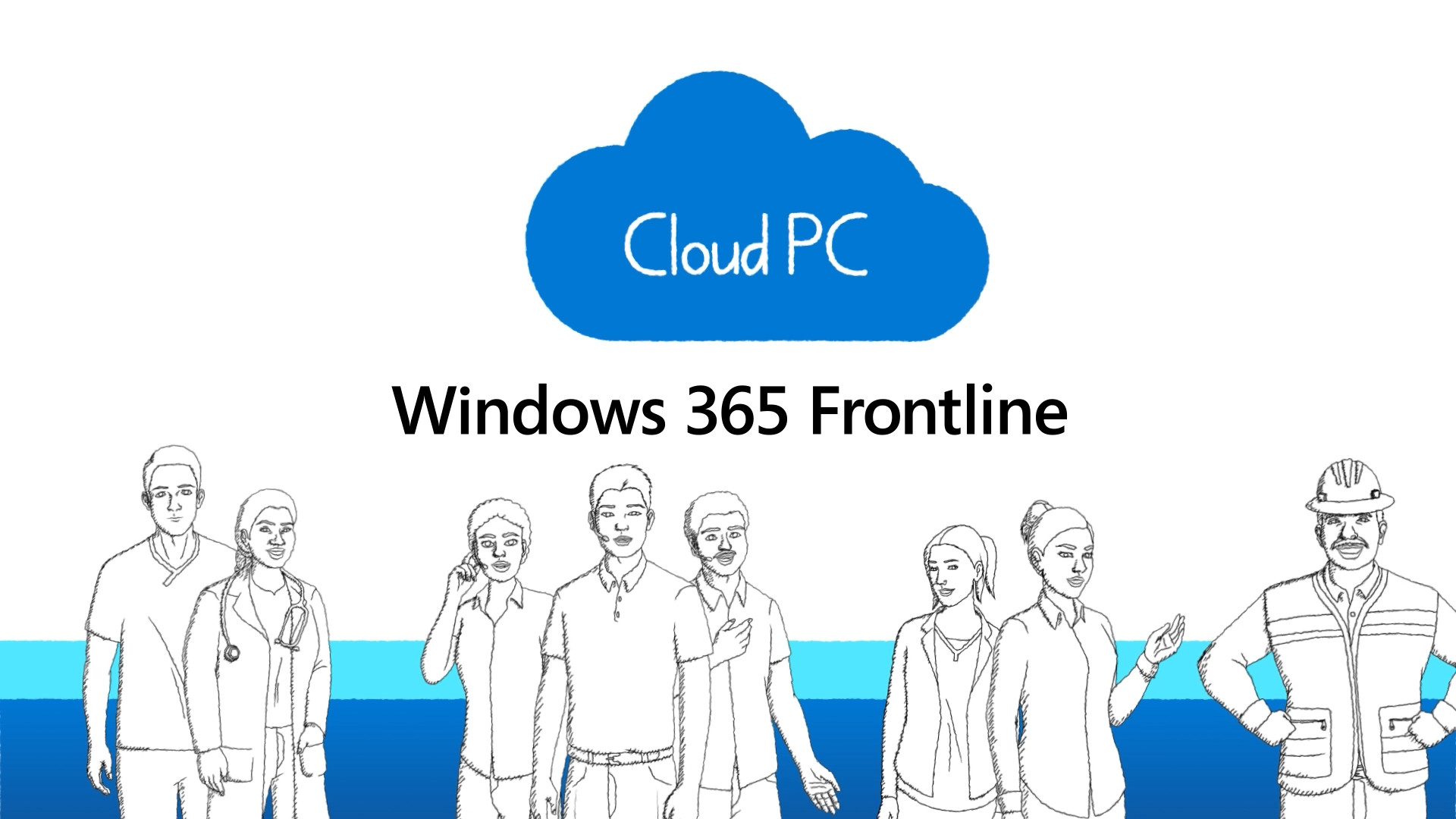Is Microsoft suggesting your company buys fewer PCs?
Well yes, but also no

Microsoft, developer of the operating system for personal computers that’s been dominant for decades, now seems to be advocating that businesses buy less PCs, but the situation may be a bit more complicated than it initially seems.
Per The Register, Microsoft's new stance emerged with the public preview release of Windows 365 Frontline, a cloud computing service charging customers for the time they use a cloud PC, rather than a blanket monthly fee, in April 2023.
In addition to offering better value for money, Microsoft also believe cloud PCs are better for the planet, a view backed up by research commissioned for the product launch carried out by sustainability consultancy Px3.
Cloud vs physical PCs
The research advocates for cloud PCs over physical tablets and laptops for business use, and where possible suggests that businesses purchase employees’ personal devices to avoid providing surplus devices to users.
In using one primary device to connect to a cloud PC instead of multiple, there are clear savings on the amount of resources spent on computer manufacturing, and in power consumption.
The clearest caveat with this idea, in theory, are the security issues. Can a secure Zero Trust environment ever emerge on a device also dedicated to personal use?
Even if a cloud PC environment is remote, access to said environment could be compromised with reckless use of a device without adequate endpoint and cloud firewall protection.
Are you a pro? Subscribe to our newsletter
Sign up to the TechRadar Pro newsletter to get all the top news, opinion, features and guidance your business needs to succeed!
Additionally, a continuous subscription to Microsoft for cloud PC use will cost more than it does to buy devices and Windows licences on their own, and that approach will continue to appeal to small businesses looking to cut costs amidst the recession.
- Here’s our list of the best mobile workstations right now

Luke Hughes holds the role of Staff Writer at TechRadar Pro, producing news, features and deals content across topics ranging from computing to cloud services, cybersecurity, data privacy and business software.